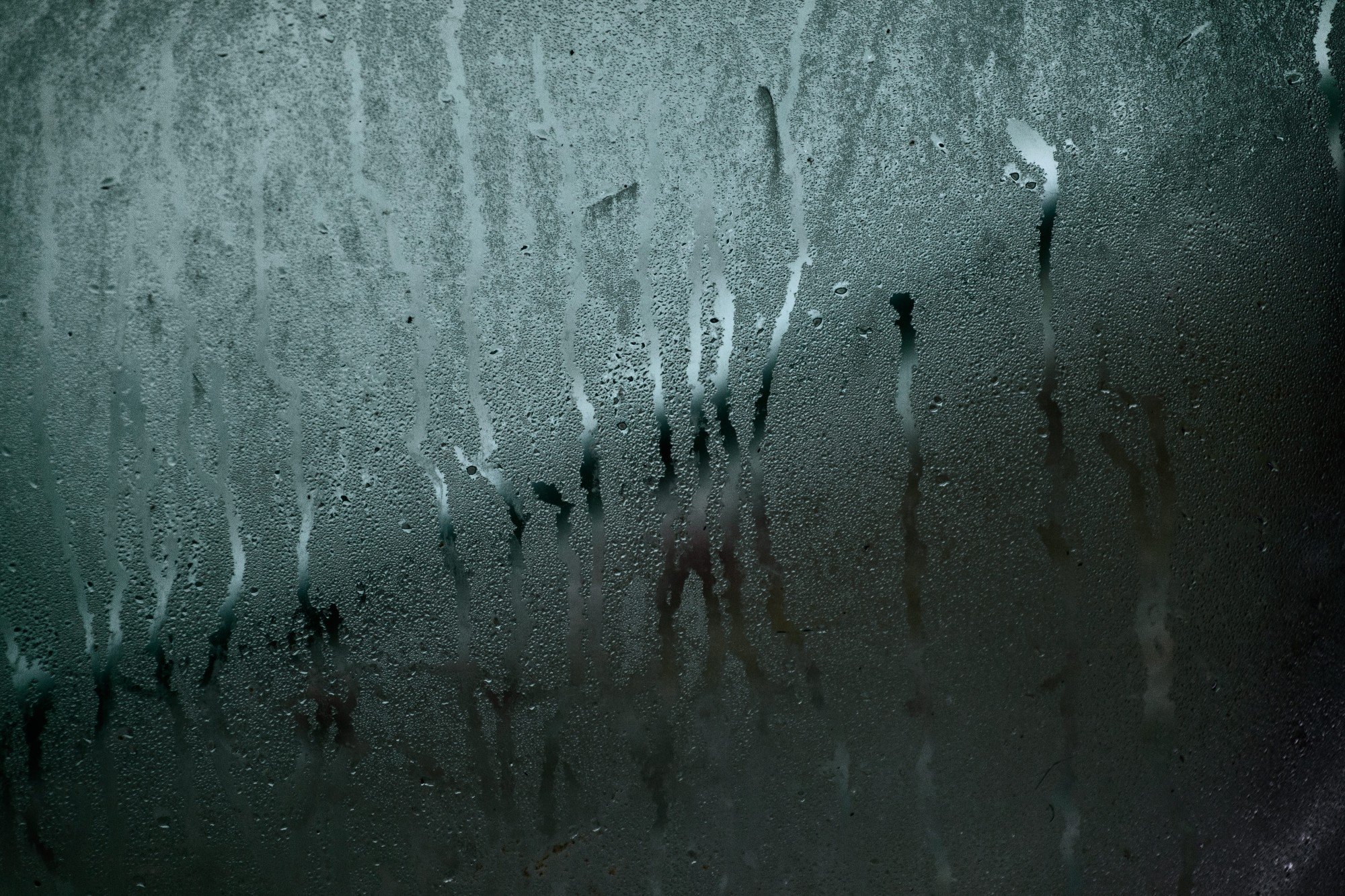
With approximately 12% of household energy costs linked to air conditioning, it’s evident that keeping our homes cool can be a significant expense. One common problem that many homeowners face during the hot and humid months is their HVAC unit “sweating” excessively.
These tiny droplets may lead to major issues. Corrosion can silently eat away at your system, and lurking within the shadows, mold and mildew may threaten your indoor air quality.
In this guide, we’ve got the ultimate fix for your HVAC condensation woes. From drain line rescues to ventilation victories, we’ll show you how to keep your HVAC cool, dry, and at peak performance.
Before you call an HVAC pro, there are a few things you can do. Read on to learn more about handling HVAC condensation.
Check the Size of Your HVAC Unit
First, make sure your HVAC unit is properly sized for your home. An oversized system will short cycle, preventing it from removing enough moisture. You may need to have a technician recharge or replace it with a correctly sized unit.
Check Your Air Filters
Check that your air filters are clean. Clogged filters reduce airflow and efficiency, causing excess condensation. Replace disposable filters once a month or wash permanent filters.
Check Your Air Vents and Registers
Ensure all air vents and registers are open and unblocked. Blocked vents also reduce airflow, leading to sweating. Make sure furniture, rugs, and other items are not covering the vents.
Inspect Your AC Ductwork
Inspect for any air leaks or damage to your ductwork. Seal any holes or rips and then clean AC ducts to improve airflow and reduce moisture build-up. Foil tape and mastic sealants can patch most small leaks.
DIY Solutions for Minor HVAC Condensation Issues
If you notice minor condensation on your HVAC vents, pipes, or unit, don’t panic. For small amounts of “sweating,” there are a few DIY fixes you can try before calling in the pros. Try out these steps.
Improve Airflow
Blockages prevent proper air circulation and temperature control. Make sure there’s at least 2 to 3 feet of clearance on all sides of the unit. Schedule regular HVAC maintenance to ensure all the registers, grills, and vents in your home are fully open and unblocked.
Increase Insulation
Increasing insulation in your attic or around ductwork can help too. The more insulated your HVAC system is, the less likely warm, moist air is to condense on cool surfaces.
Place a Water Holder to Collect Water
For minor drippings, place drip pans, buckets, or towels under the unit to collect water. Then, wipe down the unit with a clean, dry cloth to remove any remaining moisture. Call the pros to eliminate the minor “sweating” once and for all.
Consider Using a Dehumidifier
Consider a dehumidifier if humidity levels in your home seem high. A dehumidifier can remove excess moisture from the air and improve comfort. Run it until the condensation in your HVAC ducts clears up.
Contact an HVAC Technician if the Problem Persists
If the problem continues for more than a couple of days, if there are large amounts of water, or if you notice rust or mold growth, it’s best to contact an HVAC technician. They can properly diagnose and fix the underlying issue, preventing damage to your unit or home.
When to Call an HVAC Professional for Condensation Problems
As a homeowner, you can handle some minor repairs and maintenance. However, for the following problems, it’s best to contact an HVAC technician to diagnose and fix the issue, avoiding potential damage or safety hazards.
Excessive Condensation
If you notice water pooling around your HVAC unit, dripping from vents, or damaged walls/ceilings, this indicates a serious problem beyond a DIY fix. Too much moisture can lead to serious and expensive structural issues.
An HVAC pro has the proper tools and training to determine the source of excess condensation and repair or replace components to resolve AC problems.
Strange Noises
Unusual noises coming from your AC duct system, like grinding, squealing, or rattling sounds, often mean damaged or worn-out parts that require replacement. If there are issues with the drainage system, like clogs or leaks in the condensate line or pan, it can lead to water accumulation and potentially cause strange noises.
An expert can inspect the unit to pinpoint the origin of strange noises and perform necessary repairs to get your system running smoothly and safely again.
Higher Energy Bills
Increased energy usage is a sign your AC system isn’t running efficiently. Excessive condensation is one possible cause, preventing optimal heating and cooling. It’s best to have a technician evaluate your system to diagnose issues impacting efficiency and perform repairs or maintenance to improve performance and lower utility costs.
Call the Best HVAC Company in Jacksonville, FL
Rather than attempting DIY repairs for serious HVAC condensation problems or other issues with your heating/cooling system, it’s best to contact a professional. They have the proper certifications, experience, and equipment to fully assess your system, perform necessary AC system repairs and ensure safe and efficient operation.
Say goodbye to your HVAC condensation issues with Whitleys Heating and Air. Our expert team of HVAC wizards will transform your home into a cozy oasis, offering top-notch air conditioning systems and heating services.
Stay comfortable all year round and embrace the luxury of a perfectly regulated indoor environment. We serve Fernandina, Jacksonville, and Saint Augustine, FL, and the surrounding areas. Contact us today to schedule a service.
